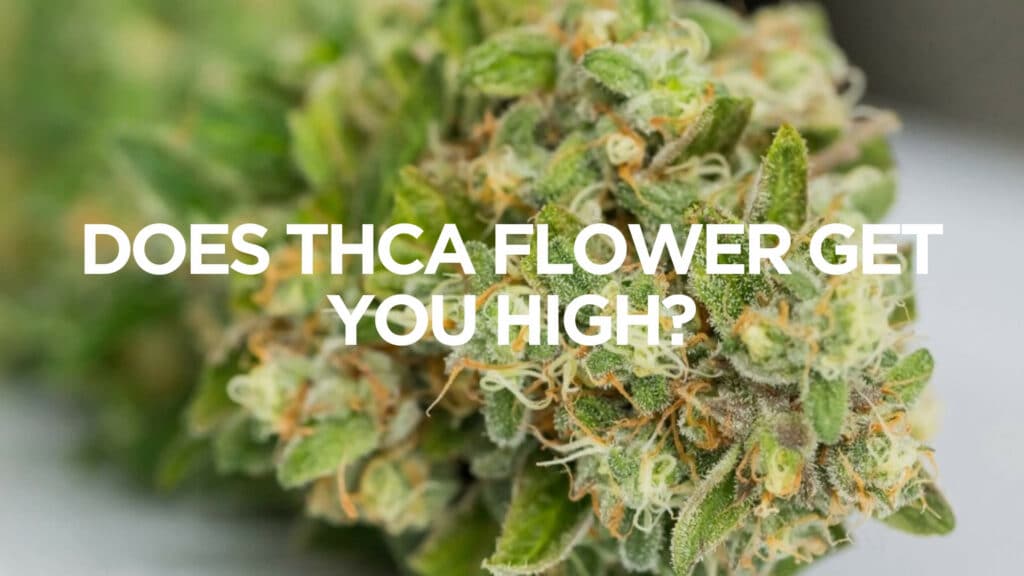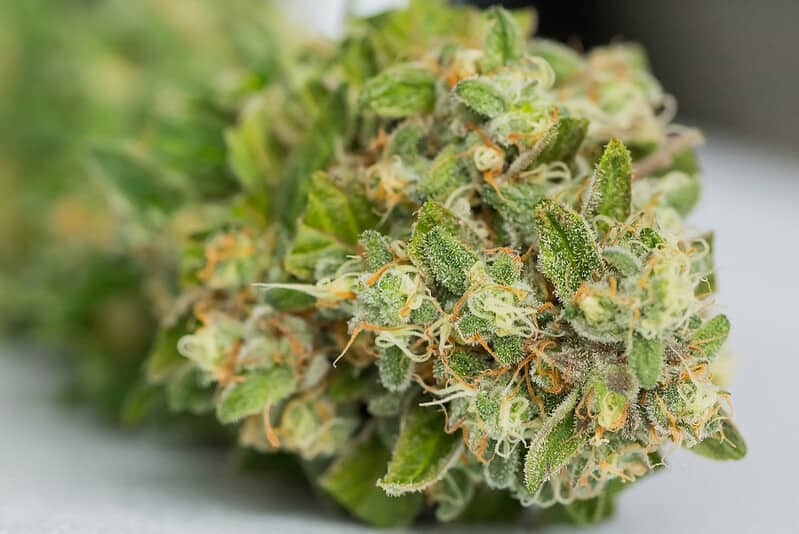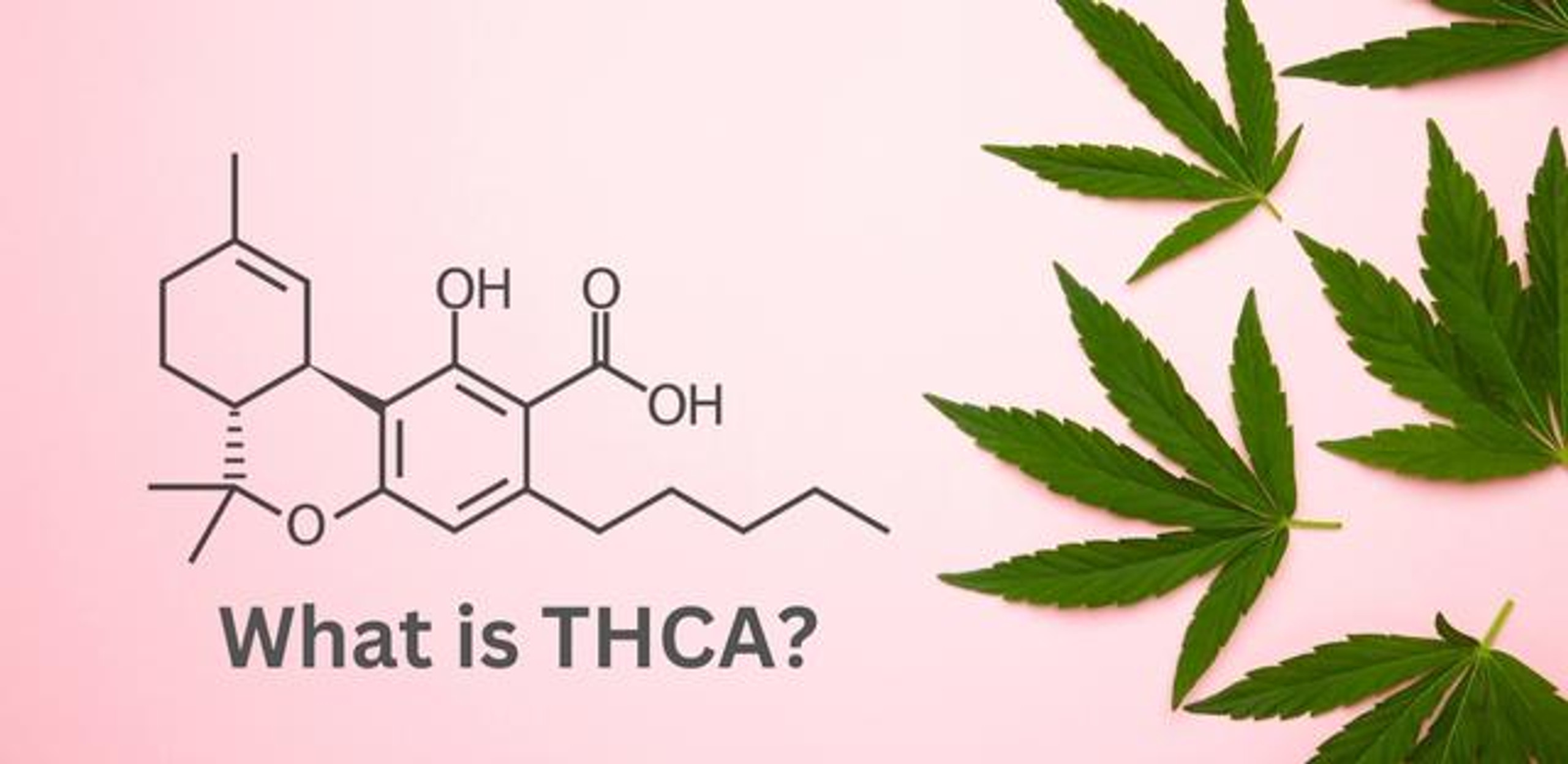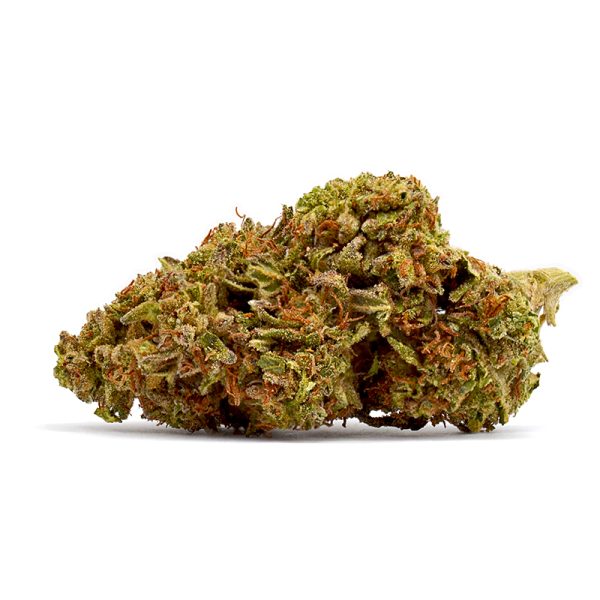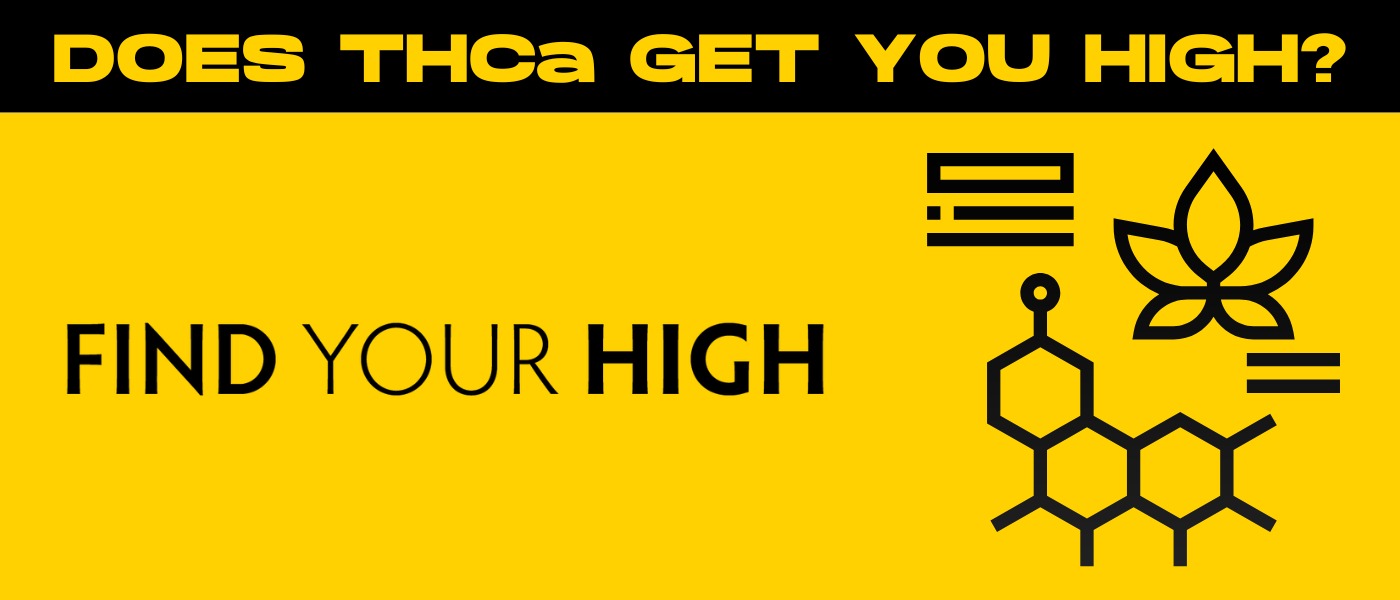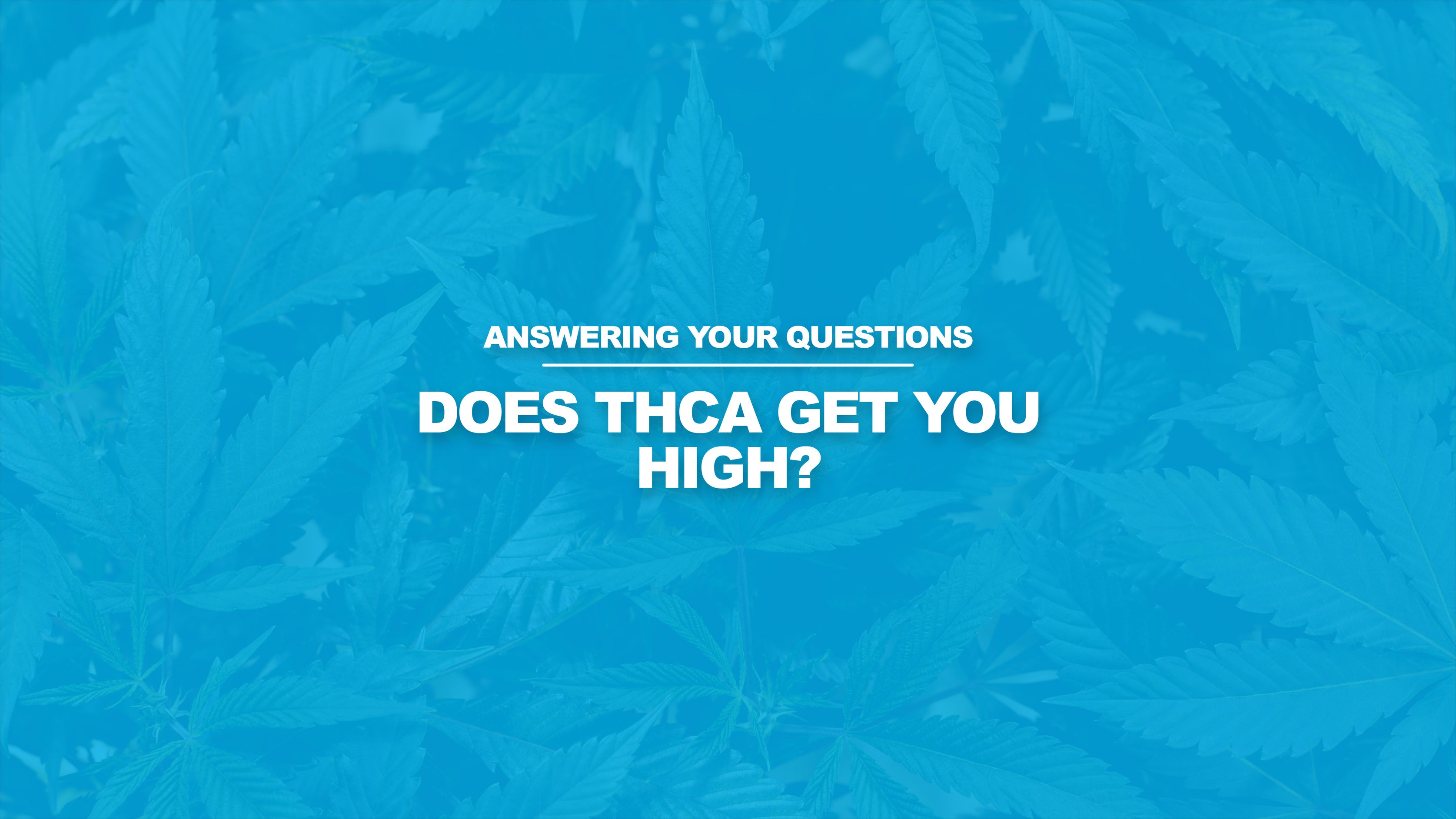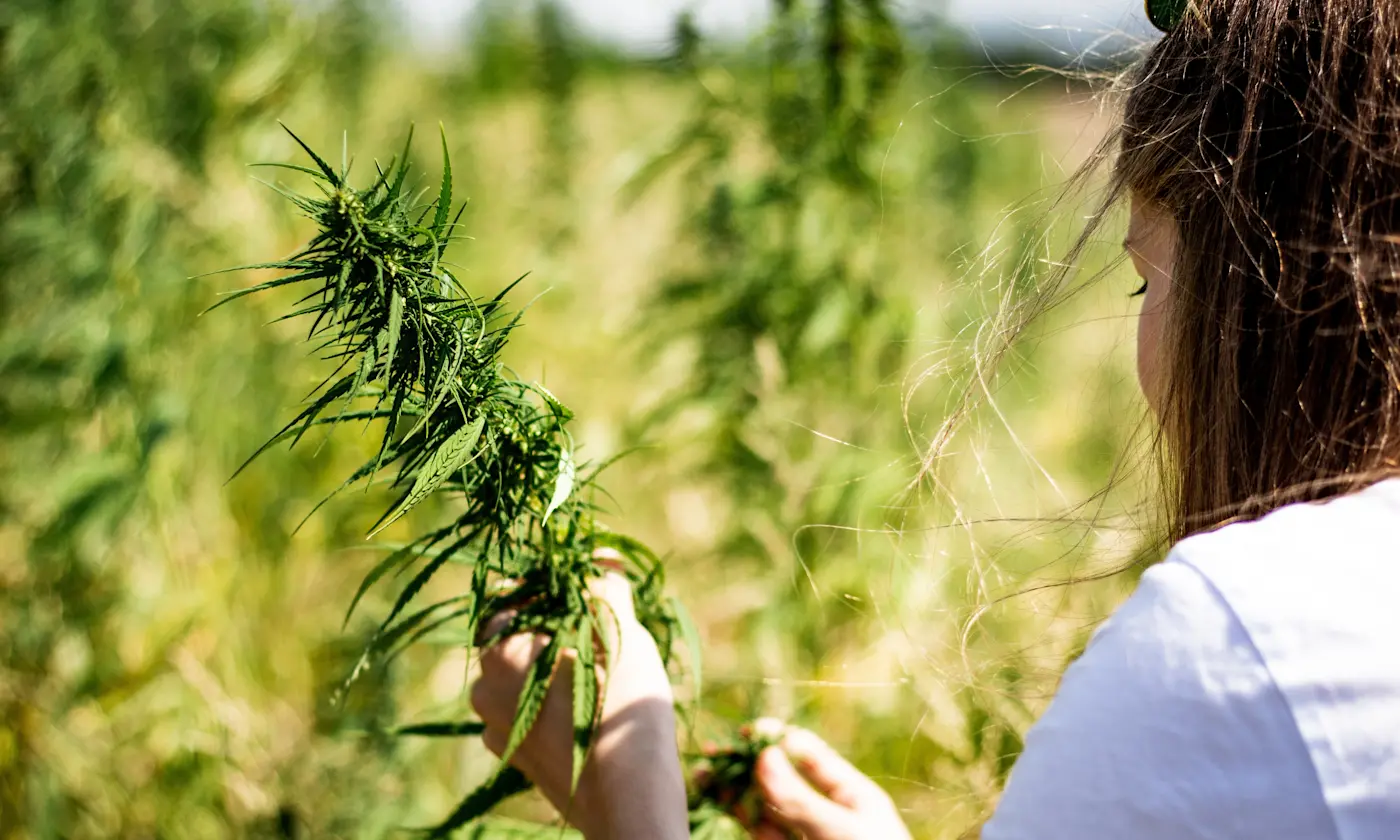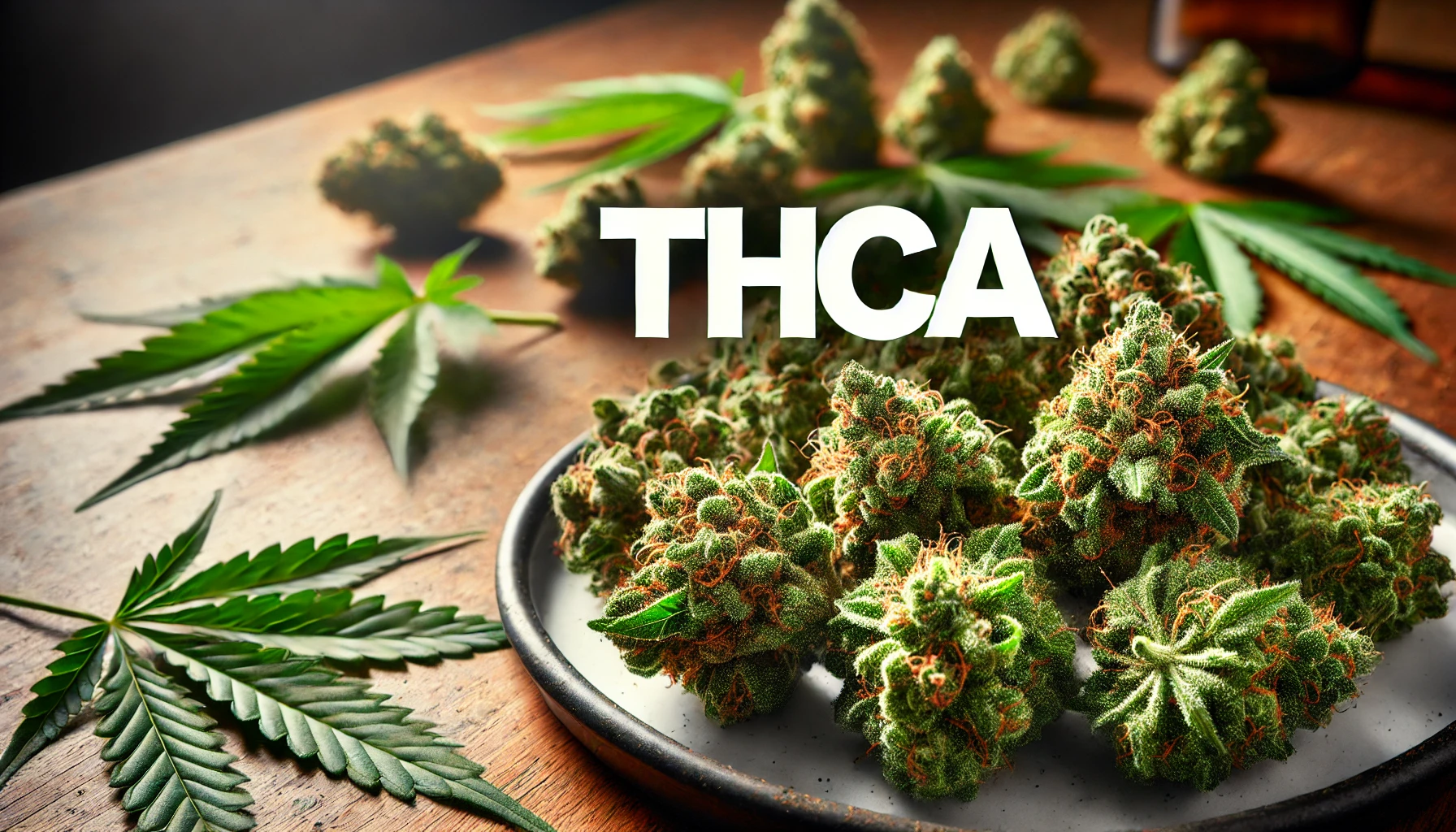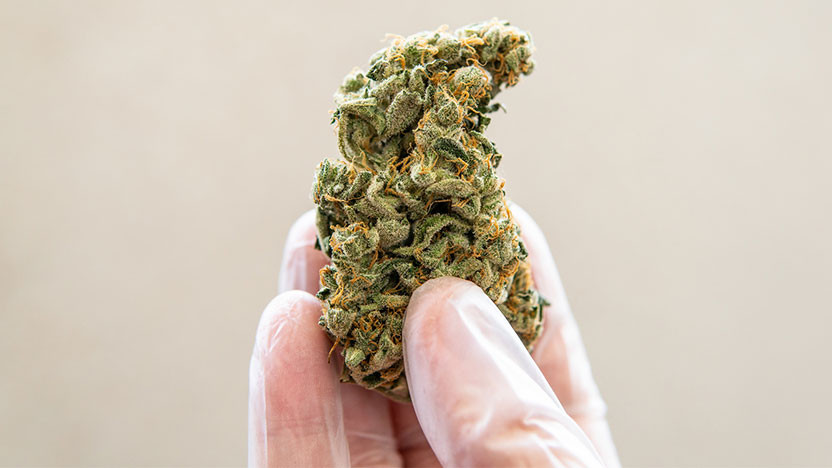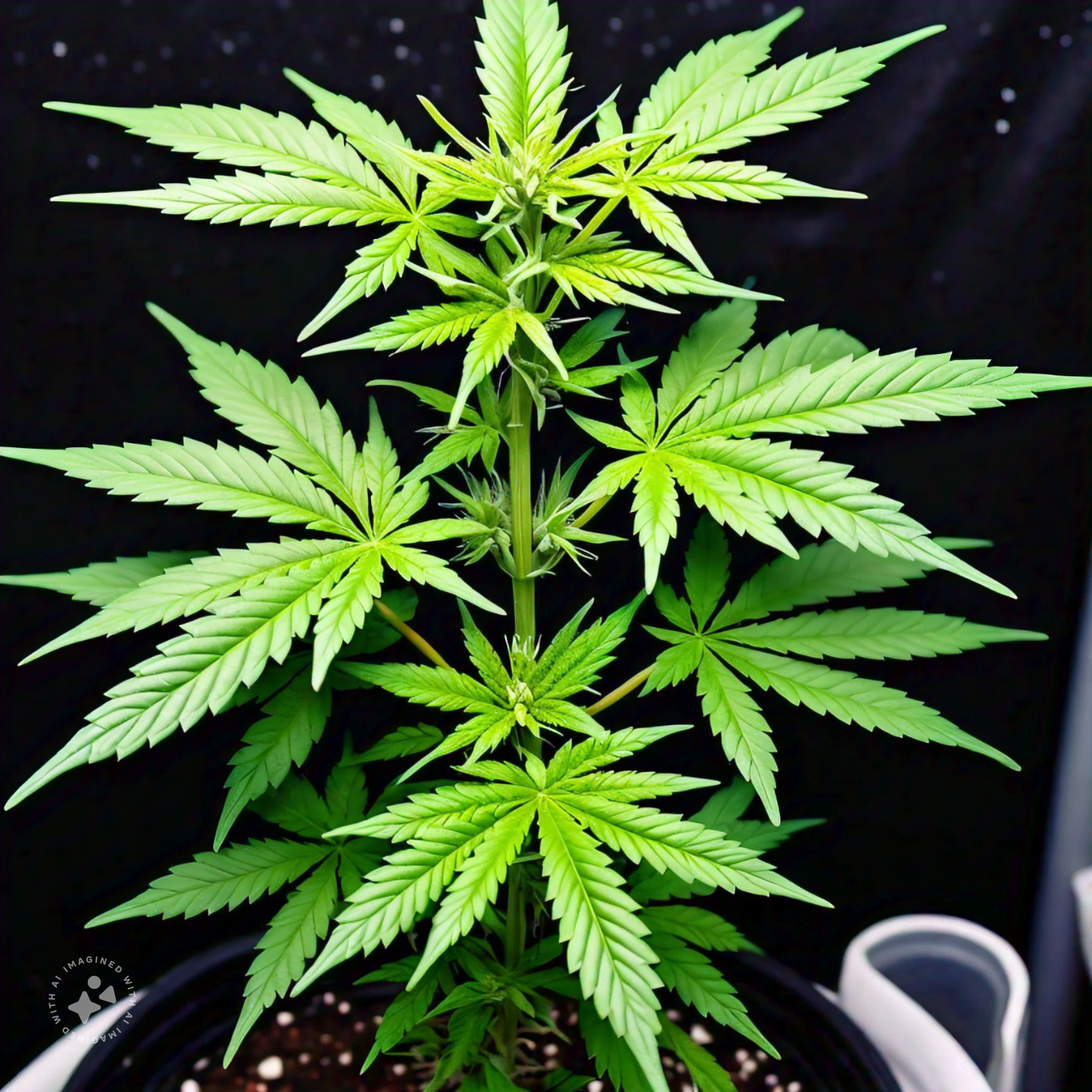Does Thca Flower Get You High

The legality and effects of THCA flower have become a hot topic, sparking confusion among consumers and regulators alike. As the cannabis landscape evolves, understanding the nuances of THCA and its potential psychoactive properties is crucial. This article aims to provide clarity on whether THCA flower can induce a high, relying on scientific understanding and expert opinions.
This issue is significant because it impacts not only consumers but also the burgeoning hemp and cannabis industries. Misunderstandings about THCA could lead to unintended legal consequences for both businesses and individuals. This article seeks to explain THCA flower and its effects on the body.
What is THCA Flower?
THCA, or tetrahydrocannabinolic acid, is a non-psychoactive cannabinoid found in raw cannabis plants. It is the precursor to THC (tetrahydrocannabinol), the compound known for its intoxicating effects. Freshly harvested cannabis primarily contains THCA, not THC.
THCA flower refers to the dried and cured buds of cannabis plants that are rich in THCA. These flowers resemble typical cannabis buds but differ significantly in their chemical composition until heated.
The Decarboxylation Process
The key to understanding THCA's effects lies in a process called decarboxylation. Decarboxylation occurs when THCA is exposed to heat, converting it into THC. This transformation is essential for unlocking the psychoactive potential of cannabis.
Methods of decarboxylation include smoking, vaping, or baking the flower. Without this heat-induced conversion, THCA itself has limited psychoactive effects.
Does THCA Get You High? The Scientific Perspective
In its raw form, THCA is not considered psychoactive. Studies suggest that THCA does not bind effectively to the CB1 receptors in the brain, which are responsible for the intoxicating effects of THC.
However, the moment THCA is heated, the chemical structure changes, turning it into THC. This conversion is why smoking or vaporizing THCA flower results in a high.
The Role of Heating Methods
The method of heating THCA flower significantly impacts the level of psychoactive effects. Smoking and vaping subject the flower to high temperatures, leading to rapid decarboxylation.
Conversely, incorporating THCA flower into edibles without proper decarboxylation might yield minimal psychoactive effects. Precise temperature control is crucial for achieving the desired outcome.
Legal Considerations and the 2018 Farm Bill
The 2018 Farm Bill legalized hemp, defining it as cannabis with a THC concentration of no more than 0.3% on a dry weight basis. This has created a legal gray area concerning THCA flower.
Since THCA is not technically THC until heated, some argue that THCA flower falls under the legal definition of hemp if its THC content remains below the 0.3% threshold before decarboxylation. This interpretation is contested and varies across jurisdictions.
Expert Opinions and Research
Dr. Ethan Russo, a renowned cannabis researcher, explains that while THCA itself has potential therapeutic benefits, its psychoactive impact is minimal until decarboxylated. "The key is understanding the chemical transformation," says Dr. Russo, "THCA becomes THC with heat."
Data from various cannabis testing labs confirm that THCA content in raw flower can be high, sometimes exceeding 20%. However, these labs also emphasize the importance of considering the decarboxylation process when assessing the potential effects.
The Impact on Consumers
For consumers, understanding the difference between THCA and THC is paramount. Mislabeling or misrepresentation of THCA flower could lead to unexpected experiences.
It's essential to purchase THCA flower from reputable sources that provide accurate information about cannabinoid content. Consumers should also be aware of local regulations regarding cannabis and hemp products.
Potential Therapeutic Benefits of THCA
While not psychoactive, THCA is being studied for potential therapeutic benefits. Some research suggests it may possess anti-inflammatory, neuroprotective, and anti-emetic properties.
However, more research is needed to fully understand the therapeutic potential of THCA. Current studies are preliminary and do not constitute definitive medical advice.
Conclusion
In summary, THCA flower itself does not produce a significant high unless it is heated and converted into THC. The process of decarboxylation is the critical factor determining whether THCA flower becomes psychoactive.
Consumers and businesses must remain informed about the legal status of THCA flower in their respective jurisdictions. Staying up-to-date on the latest research is essential for making informed decisions about cannabis products.
The ongoing debate surrounding THCA underscores the need for clear regulatory frameworks and consumer education. As the cannabis industry continues to evolve, accurate information will be vital for navigating the complex landscape.

